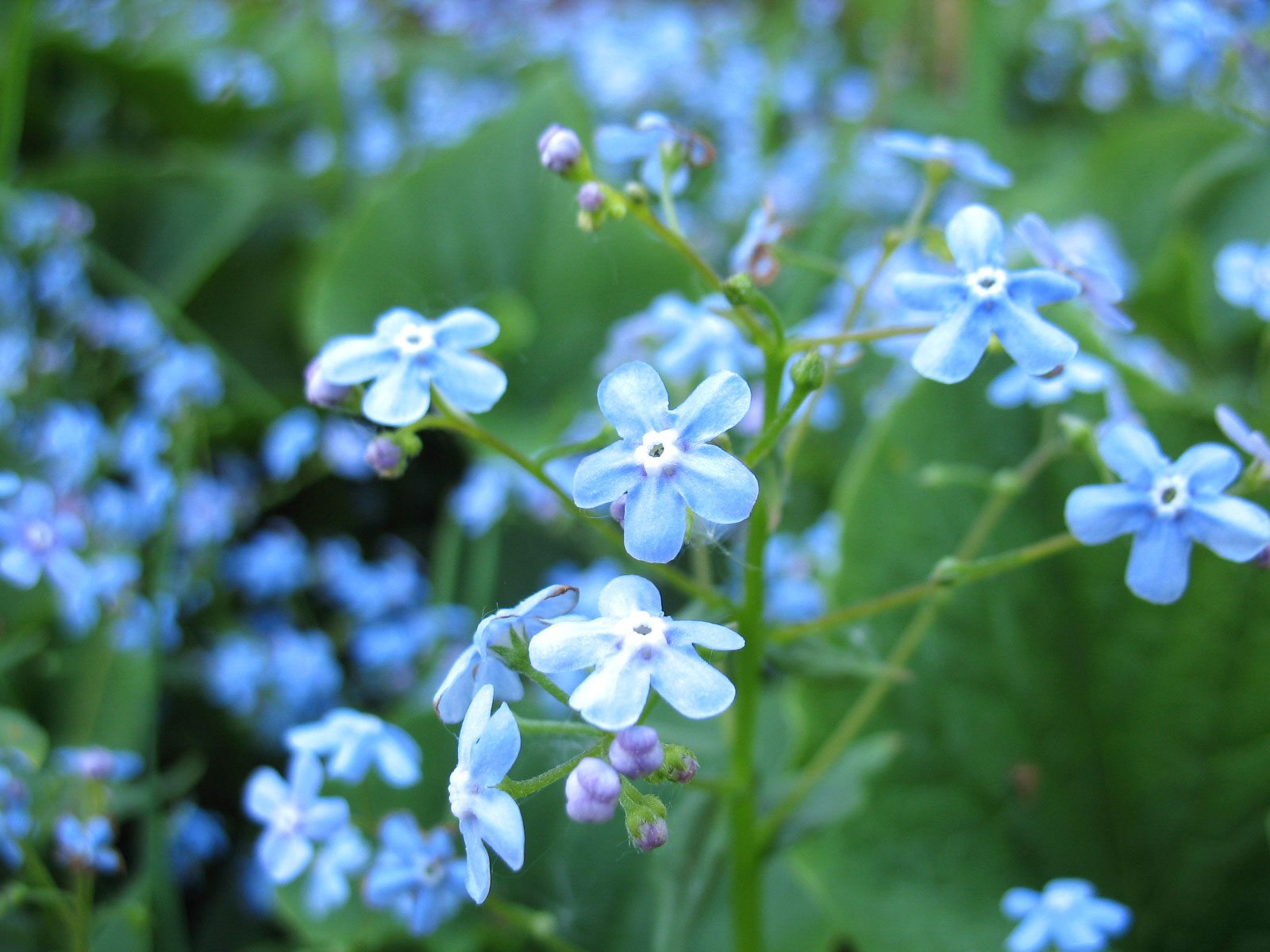Forget-Me-Not Control: How To Manage Forget-Me-Nots In The Garden


Sign up for the Gardening Know How newsletter today and receive a free copy of our e-book "How to Grow Delicious Tomatoes".
You are now subscribed
Your newsletter sign-up was successful
Forget-me-nots are pretty little plants, but beware. This innocent looking little plant has the potential to overcome other plants in your garden and threaten native plants beyond your fences. Once it escapes its boundaries, controlling forget-me-not plants can become a major challenge. Forget-me-nots grow like wildfire in shady, moist areas, fields, meadows, woodlands, and coastal forests.
Is Forget-Me-Not Invasive?
The simple answer to this question is yes. Forget-me-not is native to Africa and was introduced to American gardens for its beauty and simplicity. However, like many introduced species (also known as exotic plants), forget-me-nots lack natural checks and balances, including diseases and pests that keep native plants in their place. Without natural biological controls, the plants are likely to become troublesome and unforgettable forget-me-not weeds. In severe cases, invasive plants can out-compete naturally native growth and disrupt a healthy biodiversity. Forget-me-not is on the invasive plant list in several states.
How to Manage Forget-Me-Nots
Forget-me-not control may be necessary to keep the plant in check. Forget-me-nots are easy to pull, or you can remove them by hoeing or cultivating the soil. This is a good way to control small numbers of forget-me-nots. However, the plants will soon resprout if you don't remove every bit of the roots. Be sure to pull or hoe the plants before they go to seed, as forget-me-nots spread by seeds and by strawberry-like stolons that root at the leaf nodes. Herbicides should always be a last resort for home gardeners, but chemical control may be needed if forget-me-not weeds are badly out of control or if the weed patch is large. Products containing Glyphosate may be effective against forget-me-nots. Read the label carefully and use the product strictly according to manufacturer recommendations. Although Glyphosate is widely used and tends to be somewhat safer than many other herbicides, it is still highly toxic. Be sure to store Glyphosate and all chemicals safely out of reach of pets and children.
Sign up for the Gardening Know How newsletter today and receive a free copy of our e-book "How to Grow Delicious Tomatoes".

A Credentialed Garden Writer, Mary H. Dyer was with Gardening Know How in the very beginning, publishing articles as early as 2007.